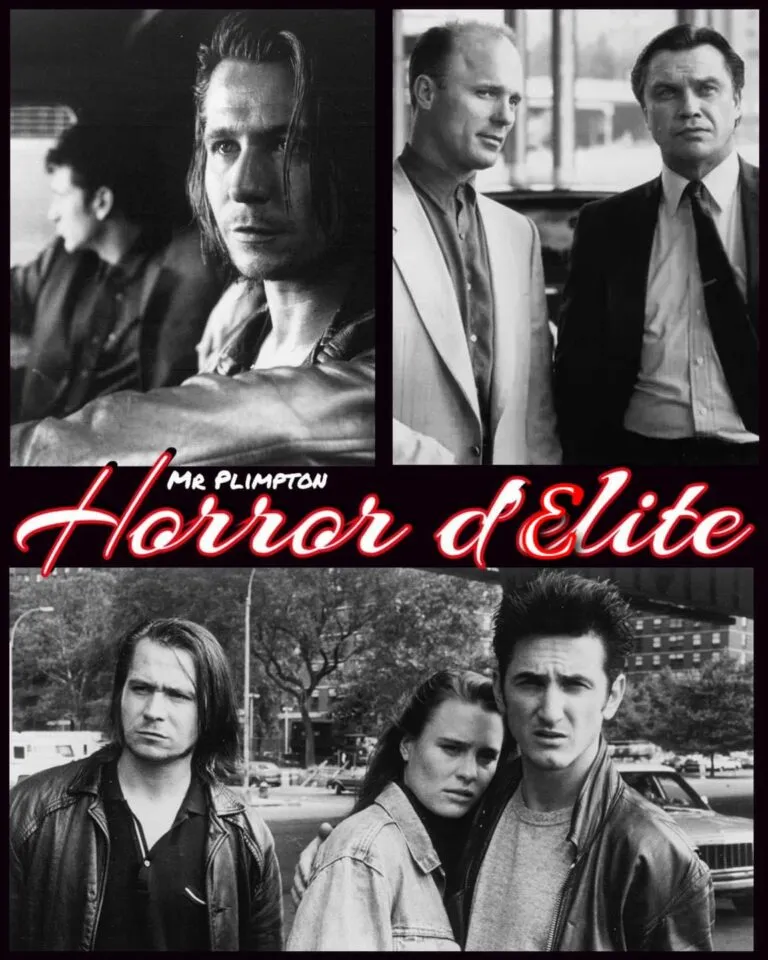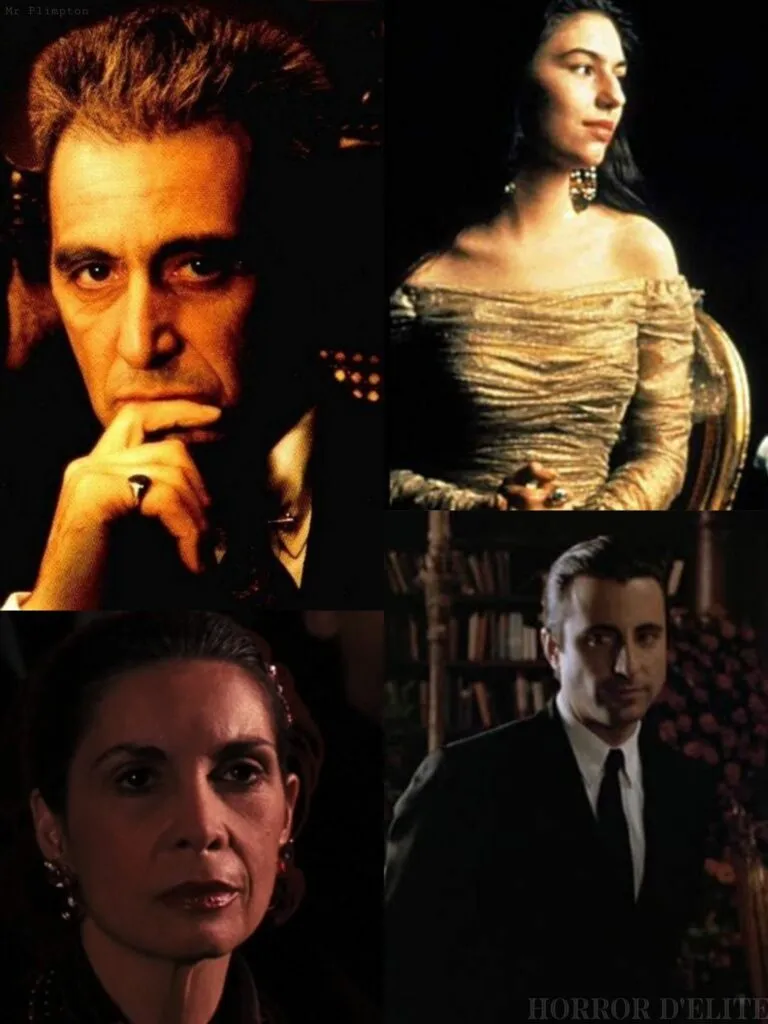The Killing
The Killing
by Stanley Kubrick (1956)
Johnny Clay has a perfect plan to rob a racetrack. For this, he assembles a gang. But unexpected events are just around the corner.

Quote.
“You don’t understand, Johnny, you don’t know me enough.”
“I know you and understand you: you’re a little wanderer capable of selling even your mother, but apart from that, you’re sharp.”
(Sherry Peatty & Johnny Clay)

A Matter of “Time”.
When the film was released, Kubrick was a twenty-seven-year-old with two feature films, a couple of short films, and work as a photographer for Look magazine under his belt.
Despite its limited commercial success at the time, this was the first film that brought him to the attention of critics.
He was hailed as a new Orson Welles.
“The Killing” tells the story of five losers, devoid of the typical charm of the gangster figure, dealing with what should be, in the plans, the heist of their lives.
The strategy has been meticulously planned so that all the gears move in the right and most opportune way and time.
But Kubrick knows well how chance and luck always and inevitably end up prevailing over human affairs, precisely because they are crazed variables that escape any control.
In “The Killing” the most significant and innovative element is “temporal.” Kubrick stages a different way of telling events.
Flashbacks are typically used to describe past events that take place at a different time from the main narrative. (diachronic flashback).
Here they are instead used to describe actions that take place in the same unit of time as the main narrative, but from different angles (synchronic flashback).
This gives the viewer the opportunity to relive the same temporal sequence from different perspectives, through actions that take place simultaneously but in different locations.
This insight, already present in Lionel White’s novel “The Killing,” from which the film is adapted, ended up influencing many directors over time.
Among them, also Tarantino, who stated that he dedicated his first feature film “Reservoir Dogs” precisely to Kubrick and this work of his.
But, upon closer inspection, even in “Pulp Fiction,” the same technique is used.
“The Killing” is a fundamental film for the history of genre cinema.







